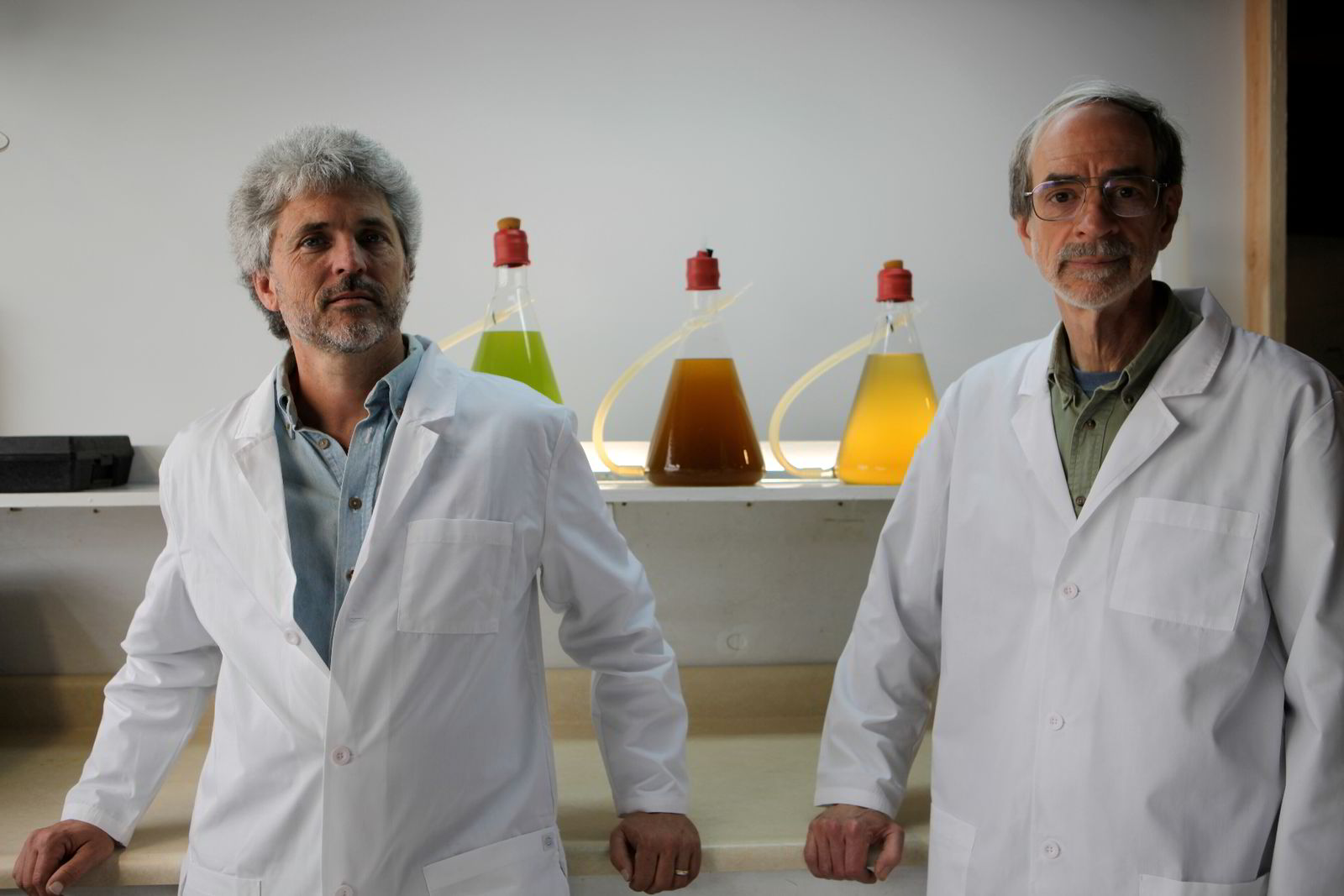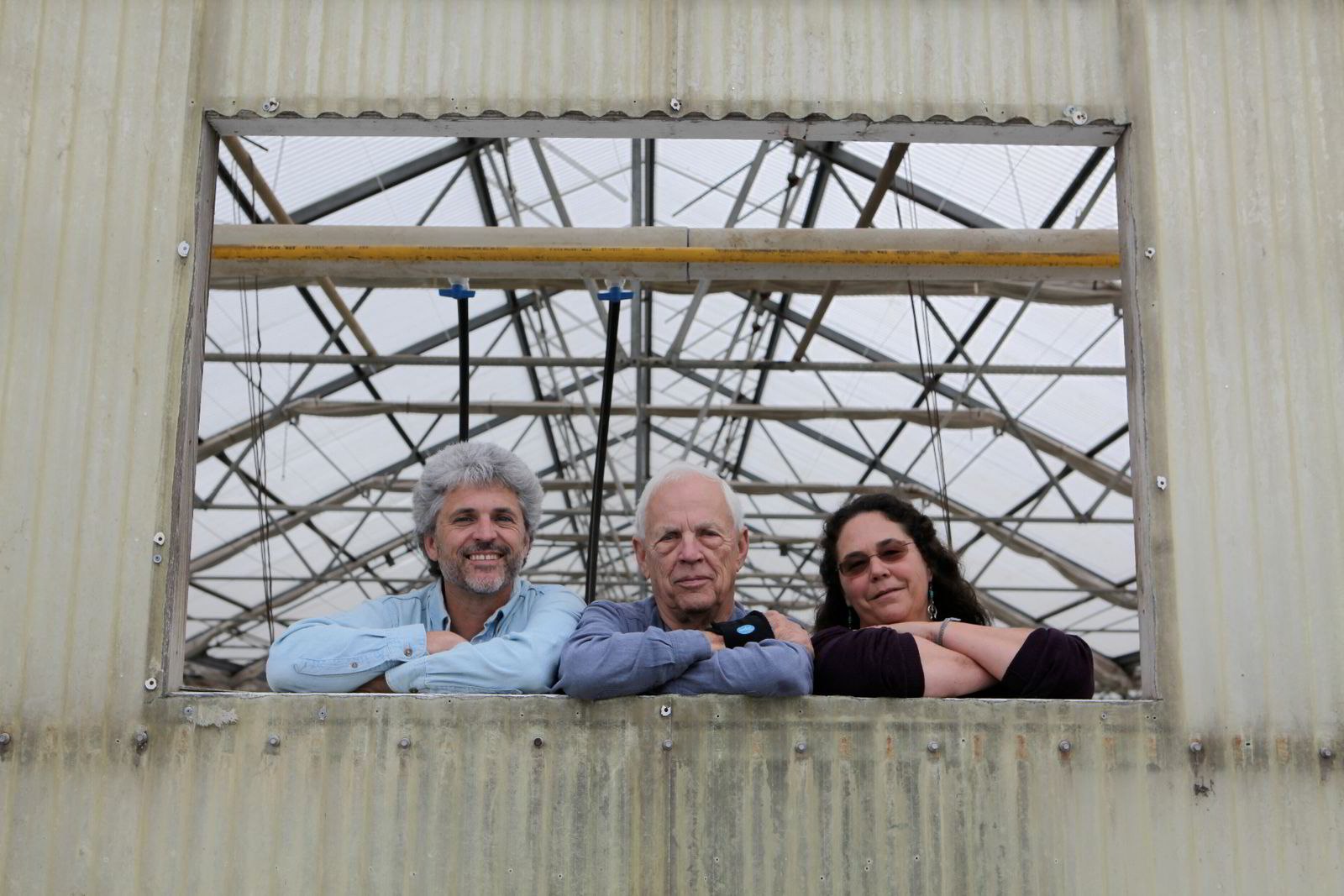Reed Mariculture supplies the aquaculture industry with both rotifers and copepods produced in our inland, biosecure facility for “clean start” of hatchery production cultures. They also provide overnight emergency deliveries or regularly scheduled shipments of bulk quantities of zooplankton to alleviate shortages caused by hatchery zooplankton culture crises, or when an unexpected larval hatch occurs.
In addition to zooplankton, phytoplankton, the "other" plankton, is Reed Mariculture’s core business. The company provides microalgae feeds and technical support to commercial hatcheries, universities and other research organizations, public aquariums, and ornamental breeders.
As early pioneers in the development of technologies for algae- and zooplankton-based products, Reed Mariculture is focused on developing innovative solutions to meet the evolving needs of its customers and providing extraordinary customer service and technical support.
Reed Mariculture has become a resource for information about zooplankton, such as culturing and feeding zooplankton, and optimizing protocols for use of zooplankton in larviculture.
All this is the result of more than 20 years of focus on aquaculture zooplankton technologies. Reed Mariculture was an early pioneer in the development of technologies for algae- and zooplankton-based products, thanks to relationships with research facilities, constant innovation, production in a biosecure facility, and development of industry-leading microalgae concentrate feeds, all with constant attention to the critical details that make the difference between success and failure.
Martec, a snapper hatchery in Costa Rica, has been using Reed products since it began operations in 2012.
"We already knew the quality of Reed's algae since the manager at that time used to use it in other facilities," said Martec's Yole Buchalla.
The company uses Reed's Rotigrow Nanno for greenwater in larval tanks has been testing it in feeding of the rotifers, and for both uses the product was helpful according to Buchalla.
"With the larval tanks, the constancy of quality gives stability in this aspect to the larval rearing, and help us achieve our results," said Buchalla.
"With the rotifer we observe a great growth in the culture stability of number of eggs and healthy tanks with good water quality. We think this algae helps a lot to maintain good conditions in the culture and provide great results with the rotifer."
Buchalla goes on to say that one of the best aspects of the product is the stability. "We had never had problems with quality within different batches.
"Besides that, we have support of a great technical team who can help us anytime with whatever question we have, as the customer service which is excellent, leaving us with no complaints and just with satisfaction."
---
Every day this week we will be running a series of articles on zooplankton and its role in hatchery larval feed from specialists Reed Mariculture. You can find links to the other four articles here:
Zooplankton Week Part 1: Your guide to hatchery larval feed
Zooplankton Week Part 2: Debunking the myths about rotifers
Zooplankton Week Part 3: The ABCs of copepods
Zooplankton Week Part 5: Why aquaculture needs zooplankton
---
Get in touch with Reed Mariculture by emailing techsupport@reedmariculture.com or visiting their site at www.reedmariculture.com.


